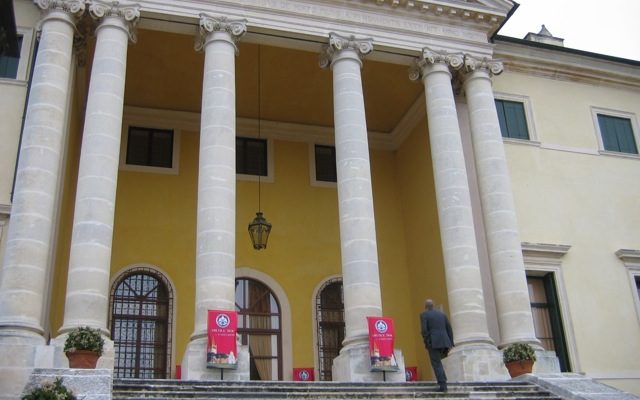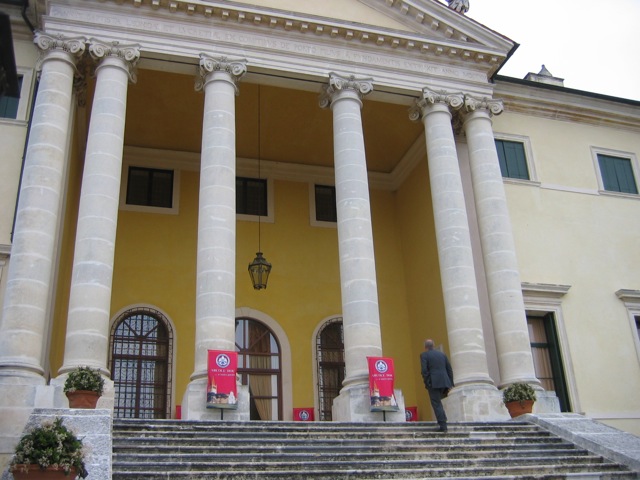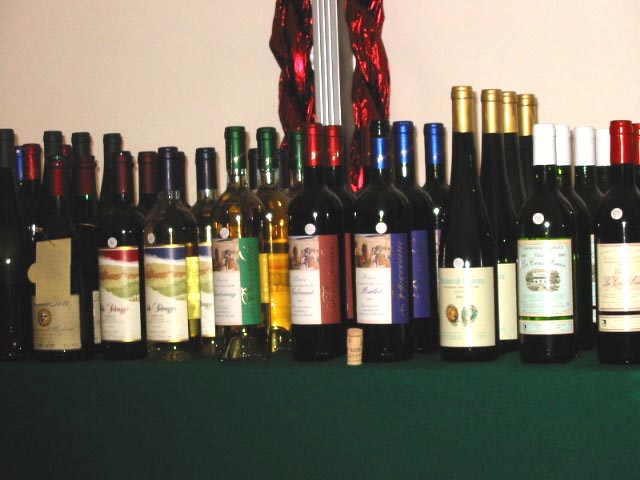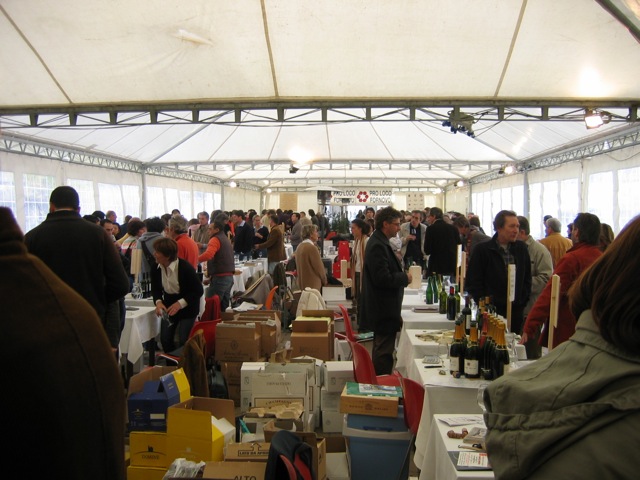In Italy, people go crazy for anything “organic.” Food, wine, buildings, the economy, the environment, clothing… it all has to somehow be “green” or “natural.” In the collective imagination, “organic” is synonymous with health and cleanliness. It is respectful of nature’s rhythms — much more so than the ordinary things we usually have.
Is this really always true? Sometimes yes, sometimes no. But in general people are aware that “conventional” agriculture — practiced with intensive techniques that make extensive use of chemical fertilizers and pesticides — damage the soil and pollute the environment. Even in the wine world, “organic” seems to be an increasingly important keyword.
For background, here is some data on Italian organic wine (as of 2012). In Italy only 8% of all the vineyards are organically managed, which is equal to 57.347 hectares (about 142 acres) — both certified and in transition from “conventional” farming — with a 9% increase over the previous year. The regions with the most organic hectares are Sicily (28% of total), Puglia (18%) and Tuscany (10%).
Interest in self-styled “natural wines” is also apparent. But is it growing? How has the public’s perception changed? I address these and other questions to two experts in this field: Pierpaolo Rastelli and Angiolino Maule. Rastelli is a wine journalist, author of Guida ai Vini d’Italia Bio 2013, the most authoritative and comprehensive guide to Italian organic wines; Maule is an awarded producer, owner of La Biancara winery and chairman of VinNatur, an association that brings together organic winemakers from all around the world.

“I think that the consumers of organic wines have changed,” Pierpaolo Rastelli replies. “In the past, these wines were an ethical choice. Consumers of this type of wine were, in general, adults, mature people who chose organic products from a desire to eliminate toxic elements (such as pesticides and chemical additives) from their daily diet. Today, younger winelovers are looking at biodiversity for organoleptic reasons: they are looking at a different sensory world, because the normal one is too stereotypical, from their point of view.”
Angiolino Maule’s opinion is differs slightly: “I think that people choose organic wines because they are not satisfied with simply finding a good wine to drink. They also want to know how the wines are produced, if the production affects the environment, and so on. It’s an awareness that lasts.”
Pierpaolo, you have written the Guide to Italian Organic Wine from the beginning. Do you see new trends in relation to organic wines?
“The organic wine world is not immune to the fashion factor,” he replies. “Yesterday, white wines were processed like red ones — prolonged maceration on the skins was very trendy. Nowadays those wines are less in demand, because the domestic market wants another kind of organic wine: those with no sulfites added!
“Personally, I disagree with this practice: it gives us fragile wines that must be consumed as soon as possible. And often, in the case of the white wines, we open wines that are already oxidized. Anyway, much of the organic wine world has already begun to use lower amounts of sulfur dioxide in order to limit possible side effects on humans without having to give up the many benefits of this age-old practice. In addition, we cannot forget that no wine is completely free from sulfites: these are in fact a by-product of fermentation.”
Angiolino, what is the biggest change in recent times? The fact that there are more consumers of organic wines, or that more and more wineries choose to produce organic wines?
He answers: “Both, I guess. There are more and more events related to organic wines, and people love them: it’s an indication of success.”
If you had to help a young winelover approach an organic wine for the very first time, what would you recommend?
“I would tell him/her to be open minded,” says Pierpaolo. “And to taste everything in order to form their own taste, free from fads and trends. I would tell them to talk with the producers, but with a questioning approach, without taking everything at face value.”
Angiolino Maule agrees: “I would recommend they visit wineries that work with natural methods whenever possible, in order to see with their own eyes how a real organic farmer grows his vines.”




